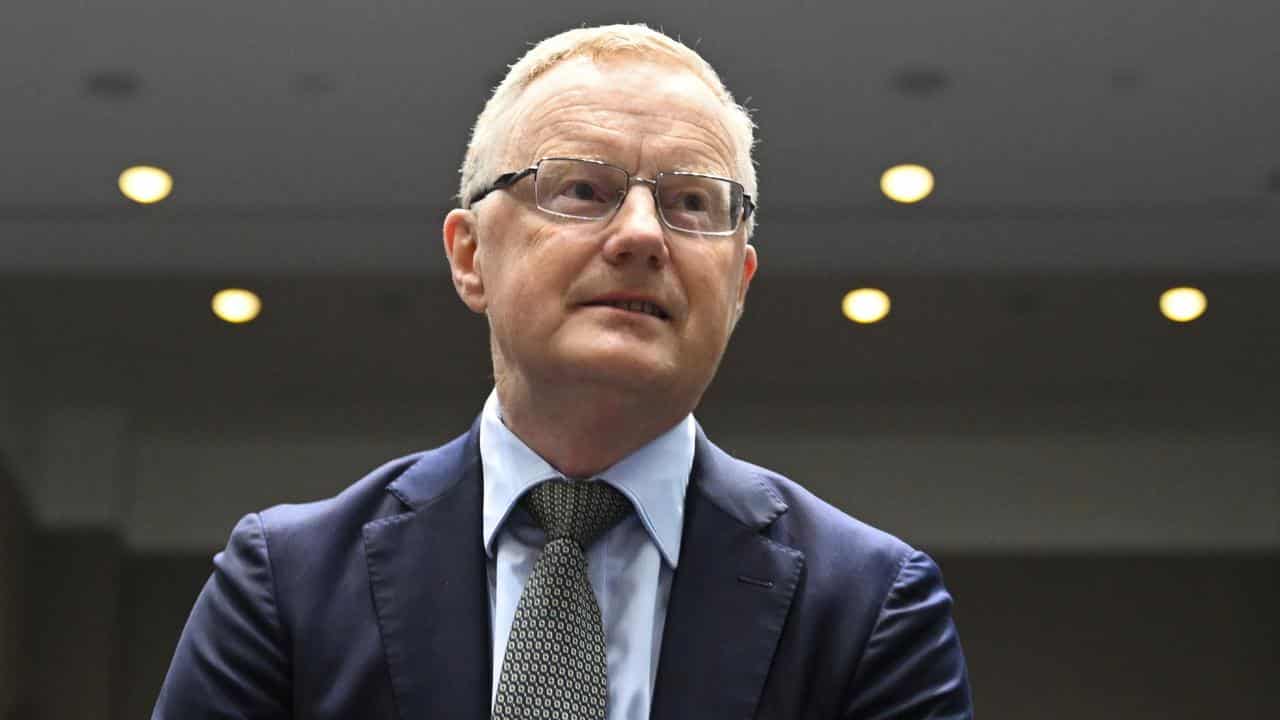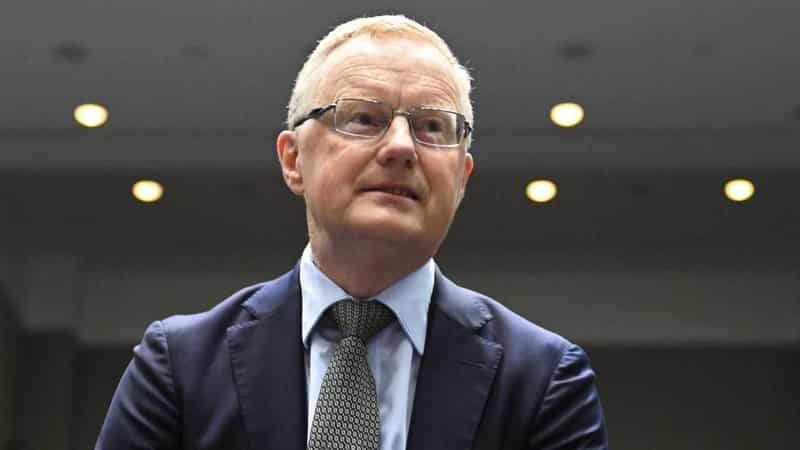
A stronger helping hand from government to keep prices stable and the economy humming has been offered up as a parting suggestion by outgoing Reserve Bank governor Philip Lowe.
In his final speech as governor, Dr Lowe said more flexibility to pull spending and taxing levers to manage the economy and keep inflation stable could "help us get to a better place".
Interest rates were effective but had limitations, including that their impacts were felt unevenly across the economy.
"In principle, fiscal policy could provide a stronger helping hand, although this would require some rethinking of the existing policy architecture," Dr Lowe told the Anika Foundation on Thursday.
Dr Lowe suggested handing over limited powers to adjust spending and taxing policy to an independent body - not the Reserve Bank - as one possible model to explore.
He flagged the COVID-19 pandemic era as a period of "nimble" fiscal policy and powerful co-ordination between the RBA and government.
"There are some broader lessons here," he said.
Dr Lowe is due to step down as head of Australia's central bank late this month, passing the reins to deputy governor Michele Bullock.
His final speech had few implications for interest rate settings more immediately and the fight against high inflation.
Since May last year, the RBA has hiked interest rates 12 times but at the past three meetings, the cash rate has been kept on hold.
Dr Lowe refused to be drawn on the September call and instead used the opportunity to highlight a host of broader concerns.
He warned of an era of prices swinging up and down due to climate change, deglobalisation and other worrying developments.
"My view is that it will be difficult to return to the earlier world in which inflation tracked in a very narrow range," he said.
The high cost of housing in Australia as a "serious economic and social problem" also featured, along with the threat of sluggish productivity growth.
Dr Lowe said lacklustre productivity growth was broadly a "political problem".
"If we can’t build a consensus for changes, the economy will drift and there is a material risk that our living standards will stagnate," he warned.
The difficulties of communicating in the digital age were also addressed.
While acknowledging that some of his explanations had "missed the mark", Dr Lowe said "the media has some responsibility too".
"My view is that we will get better outcomes if the public square is filled with facts and nuanced and informed debate, rather than vitriol, personal attacks and clickbait," he said.
Ms Bullock, the first female governor, will step into the top job on September 18.









